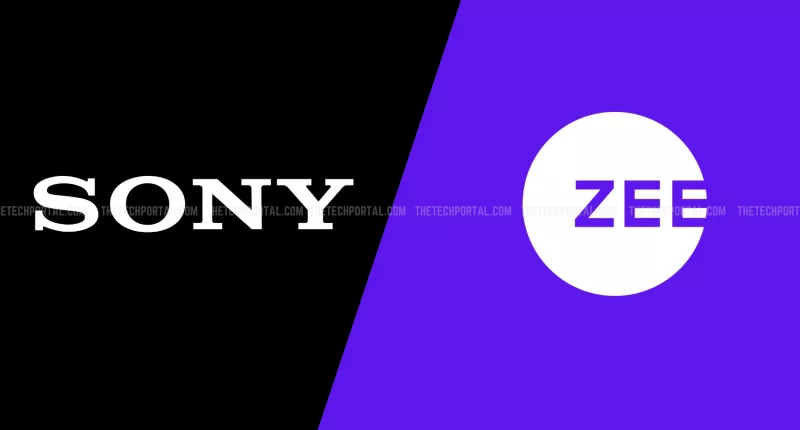A Sony-Zee streaming merger that was once hailed as a solid rival againt Reliance-owned Jio and Disney’s Hotstar in India, is now being called off. Sony Group Corporation has officially terminated its proposed $10 billion merger with Zee Entertainment Enterprises Limited in India. The move comes after more than two years of negotiations and the termination of the deal was attributed to disagreements over the leadership of the combined entity.
According to a Bloomberg report, Sony initiated the call-off with a termination letter, also seeking $90Mn in break-up fee. a usual caveat associated with mergers of this size and complication. Sony reportedly opposed Zee’s CEO, Punit Goenka, leading the merged company, citing regulatory concerns. The Indian market regulator, Securities and Exchange Board of India (SEBI), had previously launched an investigation into fraud allegations against Goenka, adding complexity to the deal.
While Sony claims that the termination will not have a material impact on its consolidated financial results, it seeks a $90 million termination fee from Zee, alleging breaches of the merger cooperation agreement (MCA) terms. Zee, in response, denies these assertions and vows to take legal action to protect the interests of its stakeholders.
The proposed merger, first announced in 2021, aimed to create a $10 billion entertainment powerhouse, combining over 70 linear TV channels, two video streaming services (ZEE5 and Sony LIV), and two film studios. Despite receiving regulatory approvals from the Competition Commission of India, stock markets, shareholders, and creditors, the deal faced delays, with the deadline extended to January 21, 2024.
India’s media and entertainment sector, marked by the rise of streaming platforms like Netflix, Amazon Prime Video, and Disney+ Hotstar, has become fiercely competitive. The collapse of the Sony-Zee merger reflects the challenges that established players face threats from new entrants, specifically from Mukesh Ambani’s Reliance Jio. The industry, though being one of the least value-generating ones globally when it comes to subscription revenue, commands some of the highest costs from businesses. A measure of that fact is the 2022 broadcasting rights auction for the coveted Indian Premier League, which fetched India’s cricket board, the BCCI, a record $5.6Bn in rights sale, making it the second most expensive league globally.
Zee’s financial struggles, including flat revenues and a decline in profits, contributed to concerns about the merger’s financial viability. The company’s share prices, reflecting these challenges, dropped by 25% over the past year. Following the news of the deal’s termination, Zee’s shares sank further by 6% in early Monday trading.
As Zee’s board evaluates available options, including potential legal actions against Sony, industry analysts speculate on the future of both companies. Sony may need to reconsider its presence in the Indian market, either by selling or scaling up its TV business. Meanwhile, Zee faces uncertainties but remains committed to exploring growth opportunities and protecting stakeholders’ interests.
The Tech Portal is published by Blue Box Media Private Limited. Our investors have no influence over our reporting. Read our full Ownership and Funding Disclosure →






